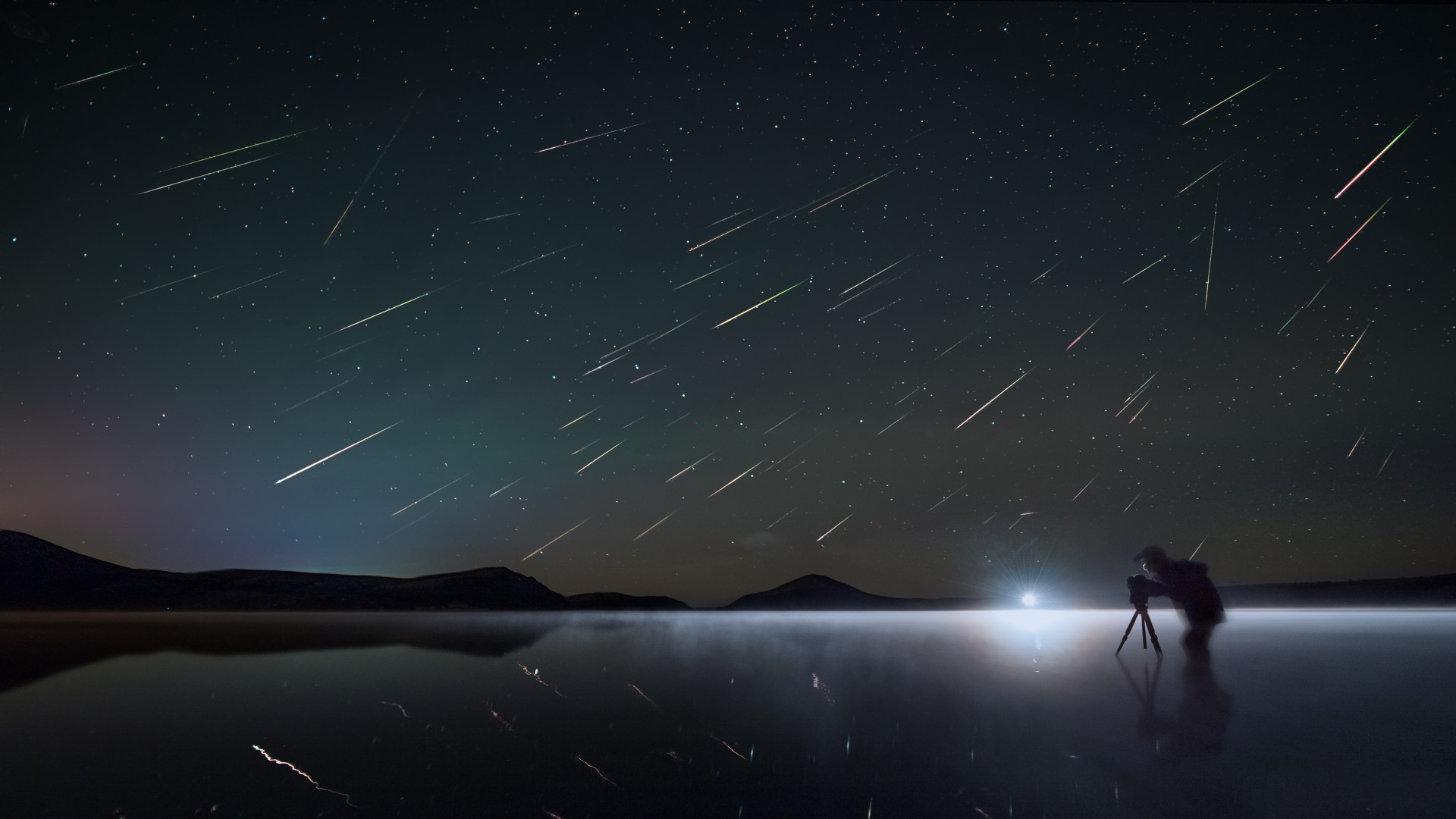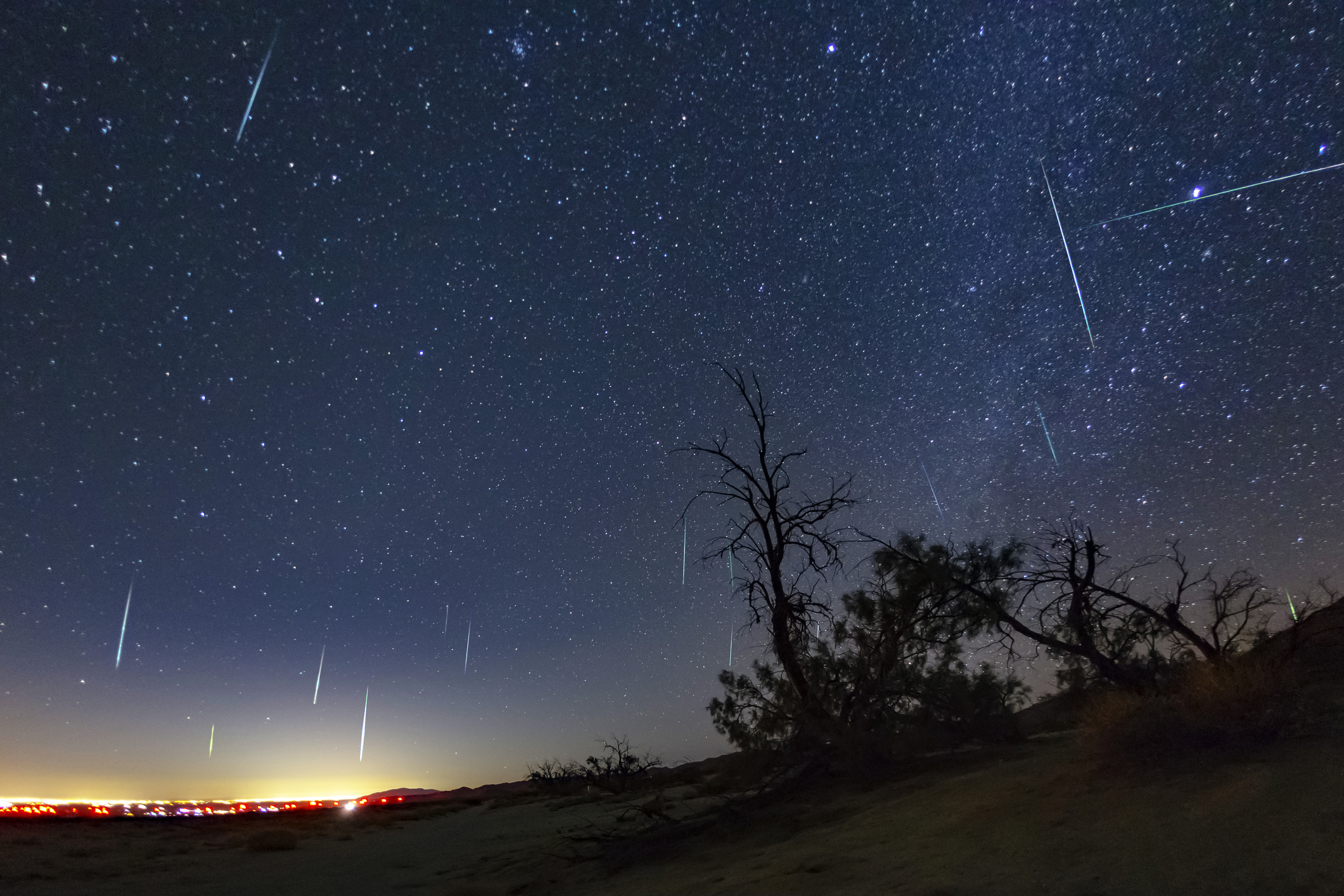What's Happening with the Meteor Showers This August?
As the nights get longer and the air gets cooler, it's time to start looking up at the sky for some of the best meteor showers of the year. August is a great month for meteor watching, with several major showers peaking this month. So grab a blanket, find a comfortable spot, and get ready to be amazed by the celestial fireworks.
Meteor showers occur when the Earth passes through a stream of debris left behind by a comet or asteroid. As these small particles of dust and ice enter the Earth's atmosphere, they heat up and vaporize, creating the streaks of light that we see as meteors. The Perseid meteor shower is one of the most popular and prolific showers of the year, and it peaks in August. The Perseids are caused by debris from the comet Swift-Tuttle, and they are known for their bright and fast meteors.
When and Where to See the Perseids
The Perseids are active from July 17 to August 24, but they peak on the night of August 11-12. The best time to watch the Perseids is after midnight, when the Earth is facing directly into the stream of debris. You don't need any special equipment to watch the Perseids, but binoculars or a telescope can help you see more meteors. Find a spot with a clear view of the sky, and lie down on a blanket or chair to watch the show.
Other August Meteor Showers
In addition to the Perseids, there are several other meteor showers that peak in August. The Southern Delta Aquariids peak on July 28-29, and they are best seen from the Southern Hemisphere. The Alpha Capricornids peak on July 30-31, and they are best seen from the Northern Hemisphere. The Kappa Cygnids peak on August 16-17, and they are best seen from the Northern Hemisphere.
Tips for Meteor Watching
Here are a few tips for meteor watching:
- Find a dark location away from city lights.
- Allow your eyes to adapt to the darkness for at least 20 minutes.
- Look up at the sky and scan for meteors.
- Be patient and don't get discouraged if you don't see a meteor right away.
- Share your experience with friends or family.
Meteor Shower Calendar
| Meteor Shower | Dates | Peak | Best Viewing Location |
|---|---|---|---|
| Perseids | July 17-August 24 | August 11-12 | Northern Hemisphere |
| Southern Delta Aquariids | July 28-29 | July 28-29 | Southern Hemisphere |
| Alpha Capricornids | July 30-31 | July 30-31 | Northern Hemisphere |
| Kappa Cygnids | August 16-17 | August 16-17 | Northern Hemisphere |
Frequently Asked Questions About Meteor Showers
Here are some frequently asked questions about meteor showers:
What causes a meteor shower?
Meteor showers are caused by the Earth passing through a stream of debris left behind by a comet or asteroid. As these small particles of dust and ice enter the Earth's atmosphere, they heat up and vaporize, creating the streaks of light that we see as meteors.
When is the best time to see a meteor shower?
The best time to see a meteor shower is after midnight, when the Earth is facing directly into the stream of debris. You don't need any special equipment to watch a meteor shower, but binoculars or a telescope can help you see more meteors.
Where is the best place to see a meteor shower?
The best place to see a meteor shower is a dark location away from city lights. Find a spot with a clear view of the sky, and lie down on a blanket or chair to watch the show.
What should I bring with me to a meteor shower?
Bring a blanket or chair to sit on, a flashlight, and bug spray. You may also want to bring binoculars or a telescope to help you see more meteors.
Are meteor showers safe to watch?
Meteor showers are safe to watch. The meteors are very small and burn up in the atmosphere before they reach the ground. However, it is important to avoid looking directly at a meteor, as the bright light can damage your eyes.
жеребкування кваліфікації чс 2026




